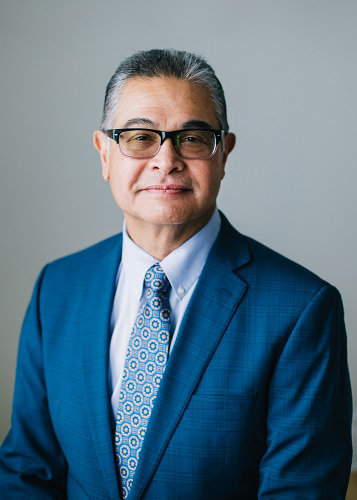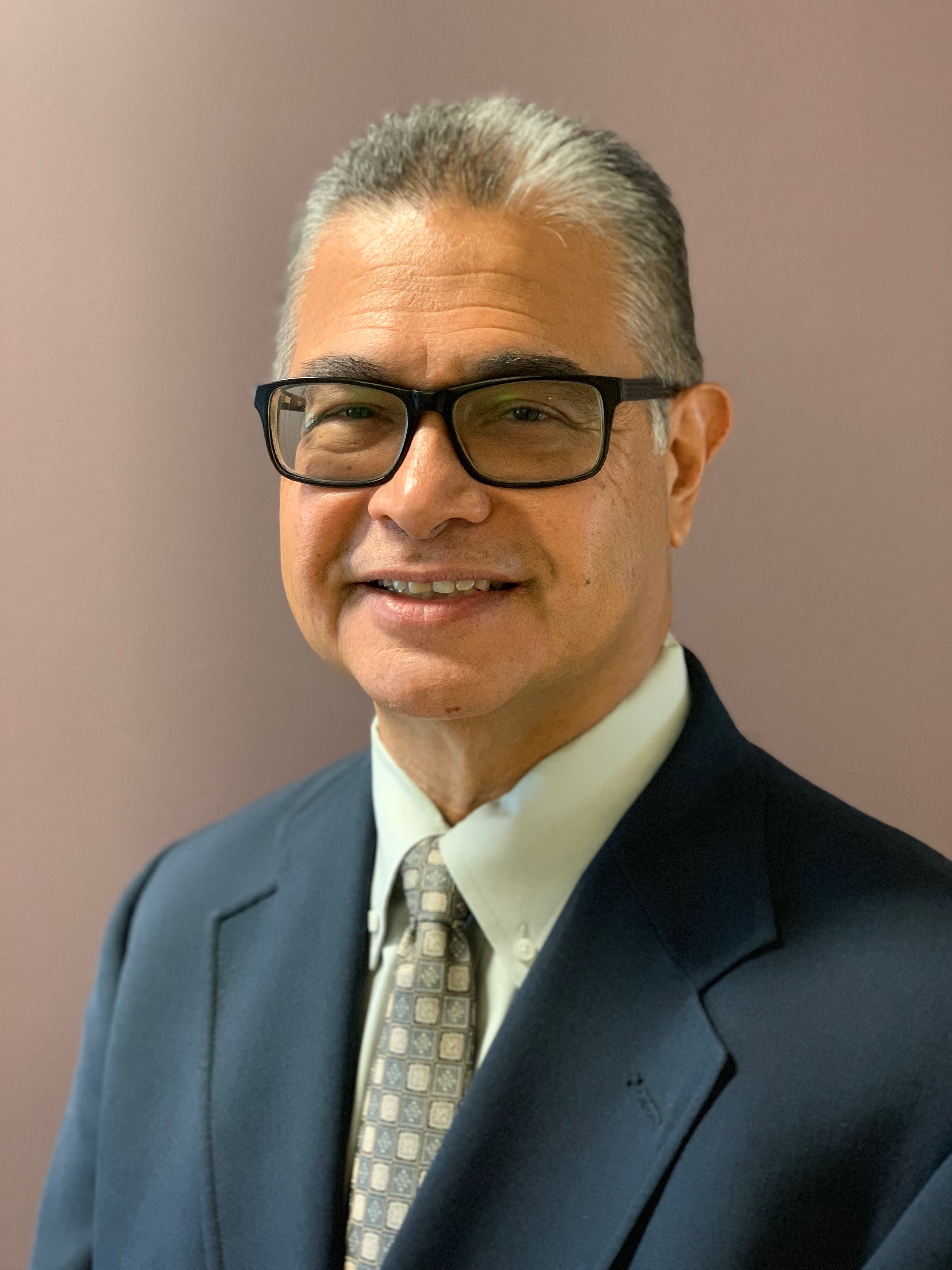
Recent events have created an extremely challenging set of conditions in Utah and throughout the world. The global pandemic is changing the way of life for many and it is difficult to predict how long the effects will continue.
The extractive industries have not been immune and are facing unprecedented times. Oil prices are at historic lows due to the reduction in travel and political disagreement among petroleum producing countries. Utah petroleum operators are struggling to keep production flowing even as consumers see some of the lowest gasoline prices in years.
Oil and gas production plays a vital role to Utah’s economy by providing energy-related jobs, boosting local businesses and generating oil and gas tax revenues. The Division’s budget relies heavily on monies generated from a conservation tax, which is 0.002 or 20 cents for every $100 of produced value of crude oil or natural gas. We will need assistance from policymakers to help maintain our role of ensuring responsible development of resources, while protecting citizens from the adverse impacts of development.
Even though production will temporarily decrease, there are over 16,000 wells statewide and 30 disposal facilities that need to be inspected. As the economics of the extractive industries decline, operators may limit resources to maintain facilities or go out of business entirely. Oil and Gas Program inspectors will continue inspecting sites to prevent any harm to people or the environment.
The Division supports the environmentally responsible development of essential petroleum resources with a commitment to public safety, needs and education. Staff is committed to protecting the environment through the regulatory processes that monitor responsible energy development.






